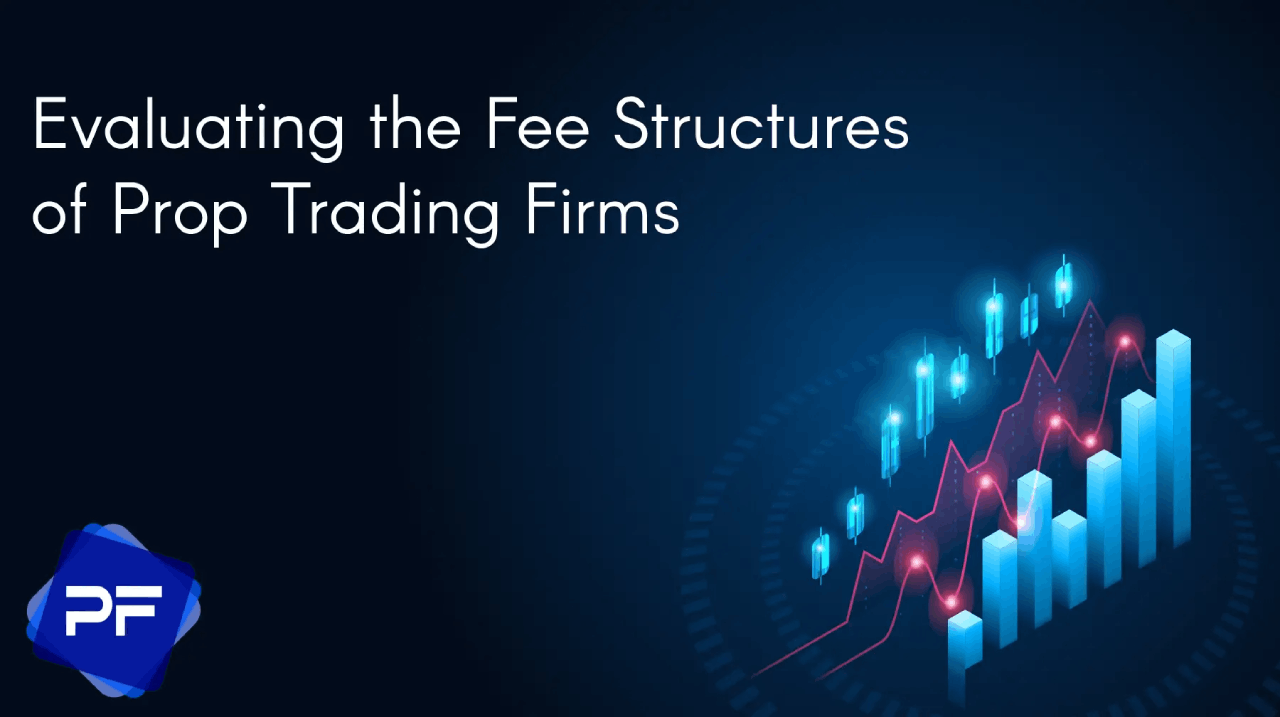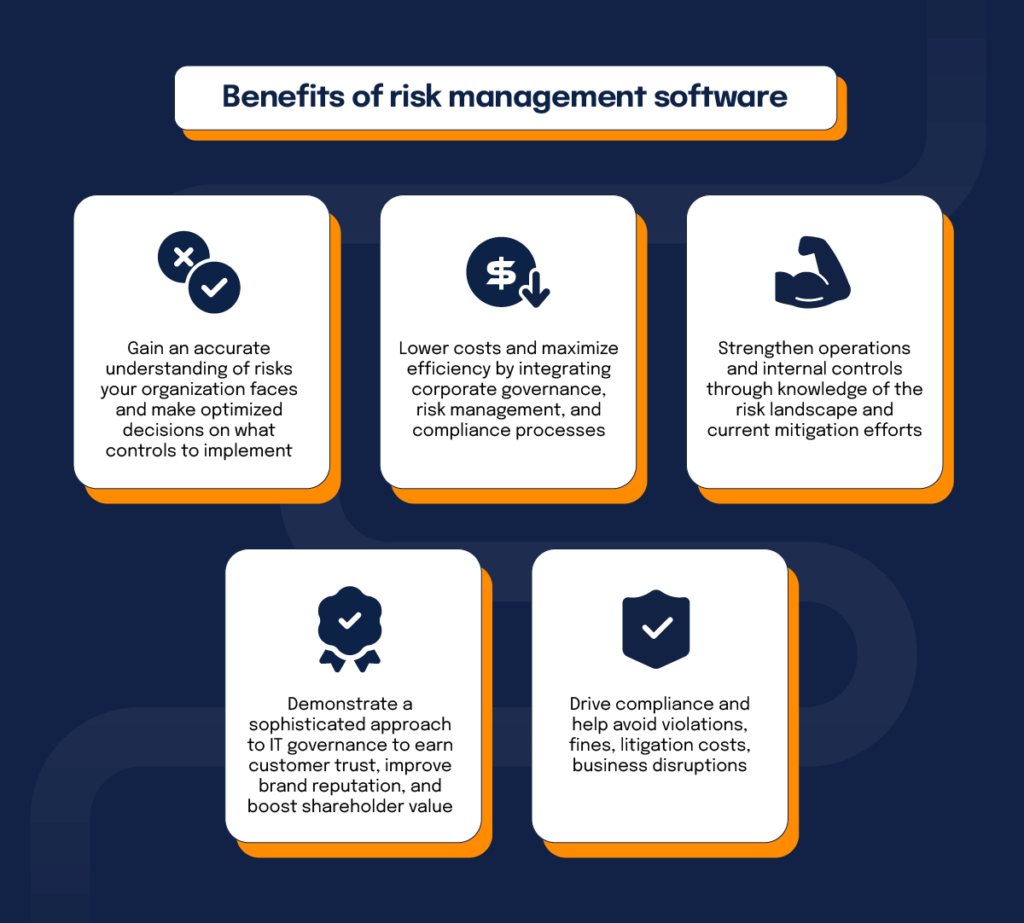Did you know that some day traders spend more time calculating costs than making trades? When considering day trading through prop firms, understanding the financial landscape is crucial. This article dives deep into what day trading prop firms are, the initial capital requirements, and the various fees involved, from monthly charges to profit splits. We’ll explore whether there are any upfront costs, the expenses tied to training and risk management tools, and how different firms can vary in their fee structures. By the end, you'll have a clear picture of the costs associated with prop trading, ensuring you can make informed decisions with DayTradingBusiness as your guide.
What are day trading prop firms?
Day trading prop firms are companies that provide traders with capital to trade stocks, forex, or crypto. They charge fees or take a percentage of profits instead of requiring traders to use their own money. Costs often include evaluation or trading program fees, monthly desk fees, and profit splits. Some firms also have membership or training costs.
How much money do prop firms require to start trading?
Most prop firms require an initial deposit or trading capital ranging from $100 to $2,000. Some firms have no upfront fee but take a percentage of profits. Others charge a one-time fee for access to their trading programs, typically between $50 and $500. Overall, the total cost depends on the firm’s structure—some charge just for training or evaluation, while others ask for a deposit to begin trading.
What are the typical fees charged by prop firms?
Prop firms usually charge a one-time evaluation fee ranging from $100 to $500, plus monthly platform or data fees around $50 to $200. Some firms require a deposit or capital contribution, which can be several thousand dollars, but this is often refunded if you pass the evaluation. There might be additional costs for training, mentoring, or advanced trading tools. Overall, expect initial costs between a few hundred to a few thousand dollars, plus ongoing monthly expenses.
Do prop firms take a percentage of my profits?
Yes, many prop firms take a percentage of your profits, often called a profit split, which can range from 20% to 50%.
Are there upfront costs to join a prop trading firm?
Yes, some prop trading firms require upfront costs, like a fee to take their trading assessment or training programs. Others might charge equipment or data fees. However, many firms now offer evaluation programs without initial costs, earning their money through a share of your profits later. Always check the specific firm's fee structure before joining.
What are the monthly or recurring fees for prop trading?

Most prop trading firms charge monthly membership fees ranging from $100 to $500. Some firms also require a one-time evaluation fee, typically between $50 and $300. Additionally, there might be platform or data feed fees, often $20 to $100 per month. Remember, these fees vary by firm and can include costs for training, data access, or software.
How much does a trading evaluation or assessment cost?
A trading evaluation or assessment typically costs between $100 and $300. Some prop firms offer free assessments, but most charge to test your trading skills. Fees vary depending on the firm and the evaluation's complexity.
Are there training or educational fees with prop firms?
Yes, some prop firms charge training or educational fees upfront or as part of their program. Others offer free training once you're onboarded. Always check the specific firm's fee structure before committing.
What are the costs associated with risk management tools?

Risk management tools typically cost money through software subscriptions, licensing fees, or transaction costs. Some tools have one-time purchase fees, while others charge monthly or annual subscriptions. Advanced analytics or custom solutions can increase expenses. Additional costs may include training or consulting to effectively use these tools.
How much capital do prop firms provide to traders?
Prop firms typically provide traders with capital ranging from $25,000 to $1 million, depending on the firm's size and the trader’s experience.
Learn about What Are Prop Firms and How Do They Support Advanced Day Traders?
What fees are involved in withdrawing profits?
Withdrawing profits from a prop firm typically involves a withdrawal fee, which can range from $0 to $100 depending on the firm. Some firms charge a percentage of the withdrawal amount, usually 1-3%. There might also be bank transfer fees or currency conversion costs if transferring internationally. No hidden fees are common, but always check the firm’s specific withdrawal policy.
Are there penalties or fees for breaking trading rules?
Yes, breaking trading rules at prop firms can lead to penalties like account suspension, loss of trading capital, or forfeiture of profits. Some firms impose fees or fines for violations, and repeated infractions may result in being banned from the firm.
How do profit split arrangements affect overall costs?
Profit split arrangements reduce the overall costs for traders by taking a percentage of gains instead of fixed fees. This means traders pay only when they profit, lowering upfront expenses but cutting into earnings. If a profit split is high, it increases the effective cost of trading, making it more expensive to keep larger profits. Conversely, a lower split keeps more of the trader’s earnings but might come with stricter trading rules or fees. Overall, profit splits directly impact how much traders pay out of their profits, affecting their net returns.
What are the hidden or extra fees in prop trading?
Hidden or extra fees in prop trading include platform fees, data feed costs, software licensing, withdrawal charges, and sometimes inactivity or maintenance fees. Some firms also charge for training, coaching, or proprietary tools. Always check for these hidden costs before signing up.
How do fees vary between different prop trading firms?
Fees at prop trading firms vary widely. Some charge a flat monthly fee or a percentage of profits, while others take a share of your earnings, often around 20-30%. Certain firms require upfront capital or trading room fees, whereas others might have low or no initial costs but take a cut from your trades. The costs depend on the firm's structure, the trading platform, and support services offered.
Conclusion about What Are the Costs and Fees of Day Trading Prop Firms?
In conclusion, understanding the costs and fees associated with day trading prop firms is essential for any aspiring trader. From initial capital requirements to monthly fees, profit splits, and potential penalties, each aspect can significantly impact your profitability. It's crucial to thoroughly research and compare different firms to find one that aligns with your trading goals and budget. For deeper insights and guidance on navigating these complexities, DayTradingBusiness is here to support your trading journey.
Learn about What Are the Legal Aspects of Day Trading Prop Firms?